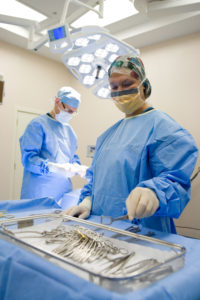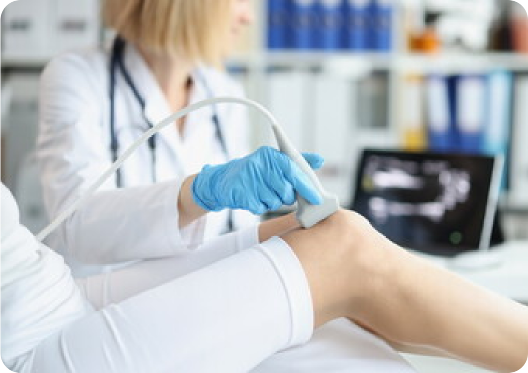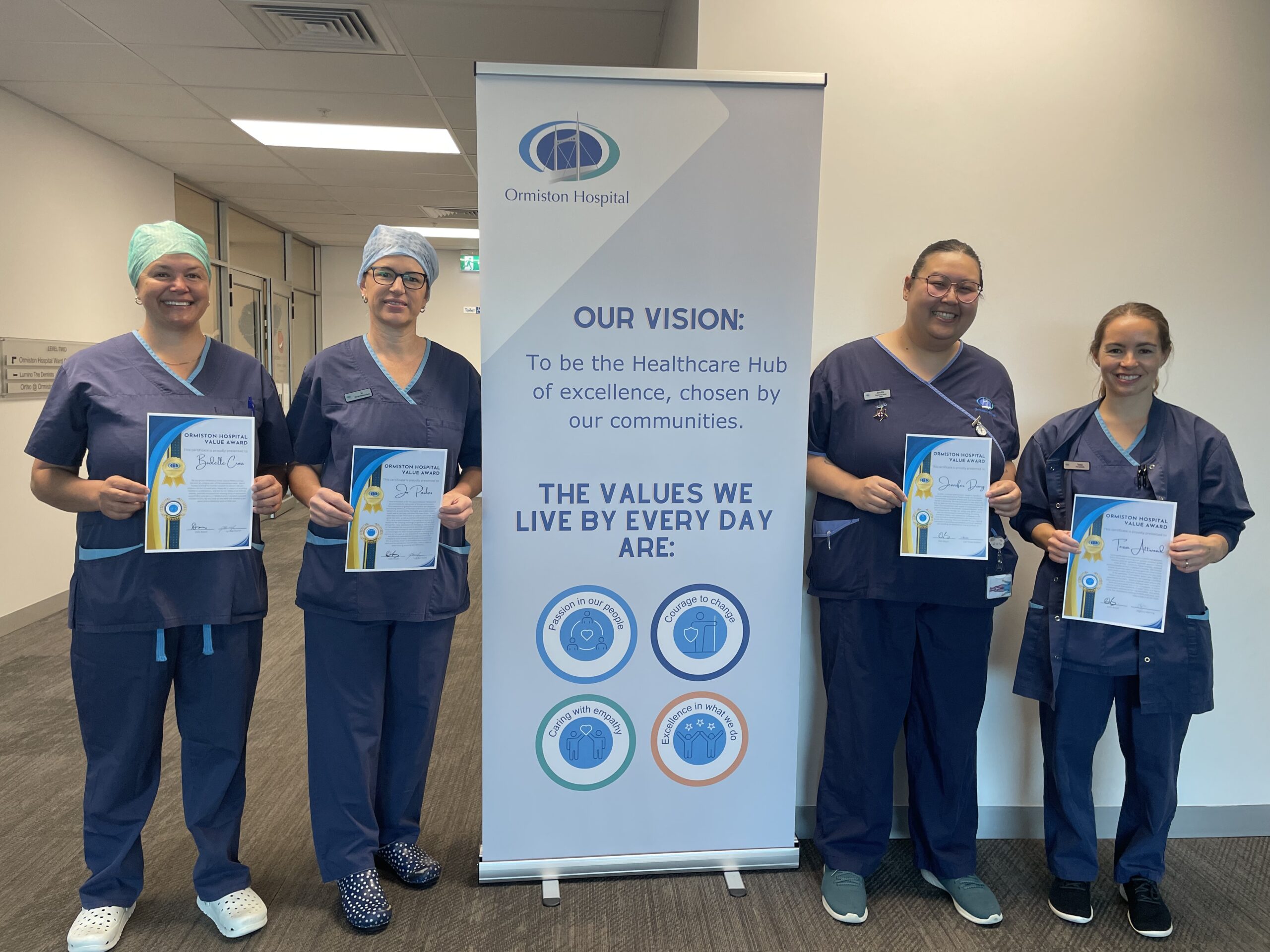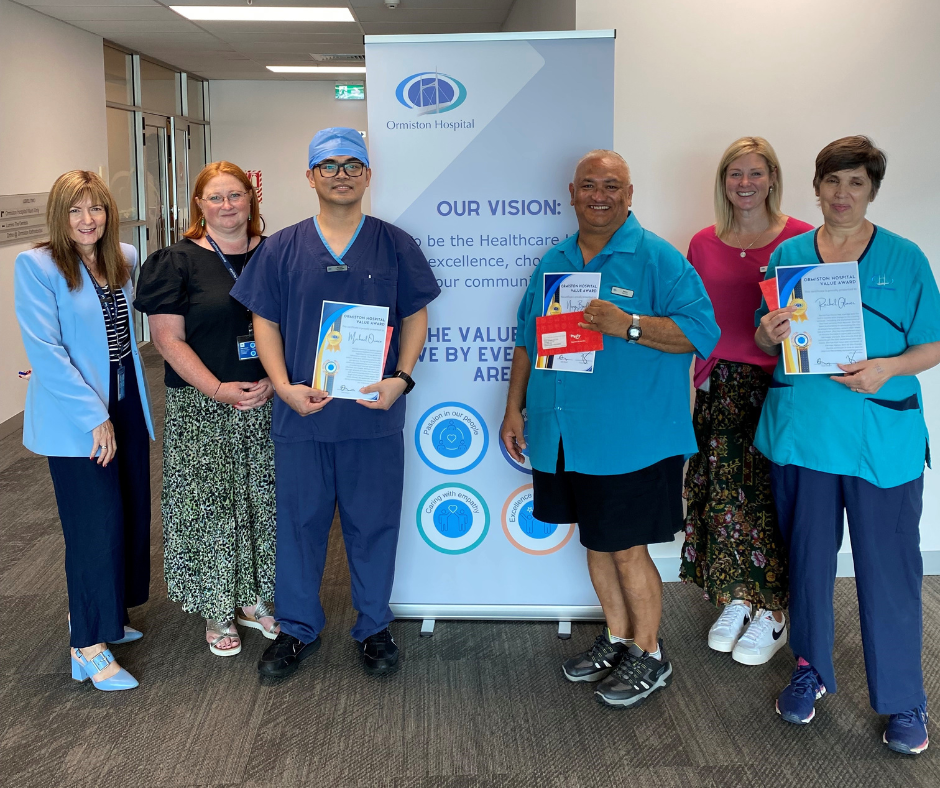Our general surgeons are specialised in treating conditions relating to the:
- Upper digestive tract (conditions related to the liver, oesophagus, and stomach)
- Lower digestive tract (conditions related to the small intestine, colon, rectum, anal canal)
- Breasts
- Thyroid, and other endocrine glands
- Vascular system (main blood vessels of the neck, trunk, and limbs)
Many general surgery procedures can be performed laparoscopically (keyhole surgery), resulting in less pain for patients, better outcomes, and a shorter postoperative recovery time. At Ormiston Hospital, our surgeons are experts in their fields, providing you with personalised treatment plans based on their world class knowledge. Our team of experts will ensure your comfort and safety and assist you throughout your procedure, including your recovery and healing process.
Our range of available procedures include:
Bariatric Surgery
Bariatric surgery, more commonly known as weight loss surgery, is a proven medical procedure for long-term and effective weight loss. Please follow the link to find out more information on bariatric surgery offered at Ormiston Hospital.
Breast Surgery
At Ormiston Hospital, we offer a comprehensive breast care service with a range of specialist surgeons who provide our patients the very best in surgical expertise. Please follow the link to find out more information on breast surgery procedures offered at Ormiston Hospital.
Colorectal Surgery
Colorectal surgery focuses on treating conditions affecting the colon, rectum, and anus, including issues such as cancer, inflammatory bowel disease, and diverticulitis. This type of surgery can involve removing diseased sections of your bowel, repairing damage, or creating alternative pathways for waste elimination, with the goal of improving your digestive health and quality of life.
Endocrine Surgery
Endocrine surgery involves treating disorders that affect the thyroid, parathyroid, and adrenal glands. Ormiston Hospital provides expert surgical treatment of the endocrine system. Please follow the link to find out more information on endocrine surgery offered at Ormiston Hospital.
Upper Gastrointestinal (GI) Surgery
Upper GI (gastrointestinal) surgery involves surgical procedures on the upper parts of your digestive system, including your oesophagus, stomach, and the first part of your small intestine. This type of surgery can treat a range of conditions, such as acid reflux, stomach ulcers, and cancers, aiming to improve digestion, relieve symptoms, and enhance overall health.
Vascular Surgery
Vascular surgery focuses on treating conditions relating to your blood vessels, such as your arteries and veins. It does not treat conditions relating to your heart vessels. At Ormiston Hospital, we have leading surgeons skilled in diagnosing and treating a wide range of vascular issues. Please follow the link to find out more information on vascular surgery offered at Ormiston Hospital.
Need to know
During your private consultation with one of our general surgeons, they may ask a few questions about your current health condition and medical history. They will do a physical examination and discuss whether you need further tests. They will explain the benefits and the risks associated with the procedure. They will also give you a detailed insight into how the procedure is performed. If you wish to go ahead with the surgery, you can then work with the admissions team to arrange a date for the procedure.
To prepare for surgery, it is important to follow your surgeon’s specific instructions, which may include fasting for a specified number of hours before the procedure to ensure an empty stomach if you are to receive general anaesthesia. It is also important to arrange for someone to drive you home post-surgery and to plan for a recovery period at home.
During surgery, you will be given general anaesthesia so that you are asleep throughout the procedure. Throughout the surgery, your vital signs are closely monitored for safety, and the surgical team ensures that the procedure is as smooth and efficient as possible.
After surgery, the medical staff will monitor your vital signs after shifting you into the recovery room. They will monitor you until you are fully awake from anaesthesia. Your doctor will provide instructions and medication to help manage pain, and advice on when you can resume normal activities. There will be one or more follow-up appointments so your doctor can monitor your healing process.















